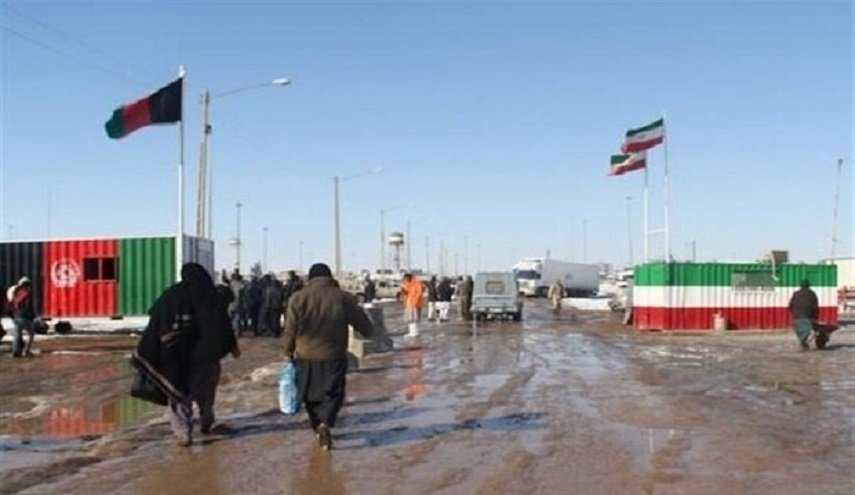By: Muzammil Muhammad Khan
Iran and Afghanistan forces exchanged heavy gunfire at the border area this Saturday, resulting in the tragic deaths of at least three individuals and injuring many. Each country has accused the other of instigating the conflict. Iran’s state-run IRNA news agency reported that the country’s deputy police chief, Gen. Qassem Rezaei, has accused the Taliban of opening fire first Saturday morning on the border of Iran’s Sistan and Balochistan province and the Afghan province of Nimroz. Conversely, Afghan Interior Ministry spokesman Abdul Nafi Takor accused Iran of shooting first. Takor said the firefight killed two people, one from each country, and wounded others. Taliban Leader Abdul Hamid in his recorded message to Iran said “Do not test our power, you are behind the curtain with the Westerners, we are real Muslims, if the elders of the Islamic Emirates allow us, we will conquer Tehran”.
Muhammad Yunus Yawar, a Reuters reporter based in Kabul, stated, “Earlier in May, Iranian President Ebrahim Raisi warned the Taliban over disregarding Iran’s water rights under the 1973 treaty. The Taliban rejected Raisi’s perceived threat, with a former Taliban official mocking Raisi in a video that went viral”.
Iran is having a period of détente with Kingdom of Saudi Arabia in the ongoing Islamic cold war between the two nations, mediated by China. Iranian and Saudi embassies have been opened after 2016. Iran is blooming an alliance with Russia in the Ukraine war by providing extensive military support and advanced drones such as Shahed-131, Shahed-136, and Mohajer-6 to Russia. Engaging in a military confrontation with Afghanistan along the borders at this time would be unwise for Iran.
As for Afghanistan, the country fell under Taliban control on August 15, 2021, following a two-decade-long war on terror. Afghanistan is currently facing a severe triple crisis having poor economy, fragile social fabric, political uncertainty and ambiguity in their foreign policy. Country is facing the worst economic crisis with extreme poverty, unemployment, no access to education for girls, and limited employment opportunities for women. Foreign assets worth $7 billion of Afghanistan were seized by USA in 2021, further fueling their economic turmoil. Extreme poverty is forcing many people to resort to illegal border crossings into neighboring countries, which has been reported as one of the underlying causes of the recent clashes at the Iran-Afghan border. Having this much fragile economic conditions, Afghanistan should be careful in the foreign policy matter related to neighbours especially Iran and Pakistan. Adopting an aggressive stance against Western countries and making threats against neighbors like Iran, including the capture of their capital, will not be beneficial for Afghanistan. Country needs to adopt a more rational approach to the foreign policy matters and strive to build relationships with the international community to bolster trade and stimulate economic growth. Implementing the concept of soft power diplomacy, as proposed by Joseph Nye, in their foreign policy discourse would help them to propagate their narrative at global stage. Foreign Policy is an amalgam of soft and hard power projection of a country. The Taliban, having a history from fighting Jihad against the Soviet Union in Afghanistan to fighting the war on terror against the United States are known for their inclination towards war and continuous conflict. While It is good to stand for an ideology but this taliban-mindset of warship and coercive diplomacy will not serve the best interests of the impoverished Afghan people, especially women deprived of employment opportunities and girls denied access to education. Their leadership needs to be more open to reason and even-tempered when formulating foreign policy. Diplomacy necessitates the representatives to be more cunning and sensible in order to attain the best national interest of the county.
Instead of fighting at the border, both nations should resort to negotiations and diplomacy. It is important for both Iran and Afghanistan to focus on the domestic reconstruction of their social fabric and review their foreign policy to make it more rational and people-centric.
The writer is a student of International Relations with a strong interest in global affairs and foreign policy matters. He can be reached at Iammuzammil37@gmail.com

